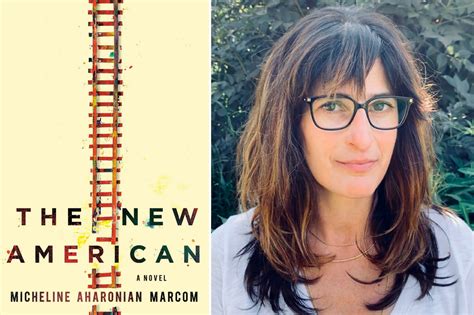A Quote by Isabel Allende
If I can write it, I can cope. And I've been writing many books, but in every book, I try to explore something in my own soul that I need to solve, I need to understand.
Related Quotes
When I write a book I write the best that I can and so much of that for me is following the book's demands, the subject's requirements - I love books, I always have. They have always been one of the places where I have felt very happy in the world. When I was younger, I loved to read genre fiction - I loved the magic-carpet ride of story! Now I need other things - I need the beautiful particular and strange language and form which brings a writer's book to life in me and speaks to my intellect, and, dare I say it, to my soul.
I Need a Good Book I need a good story. I need a good book. The kind that explodes Off the shelf. I need some good writing, Alive and exciting, To contemplate all by myself. I need a good novel, I need a good read. I probably need Two or three. I need a good tale Of love and betrayal Or perhaps an adventure at sea. I need a good saga. I need a good yarn. A momentous and mightily Or slight one. But with thousands and thousands And thousands of books, I need someone to tell me The right one. -John Lithgow
You learn so much with each book, but it's what you teach yourself by writing your own books and by reading good books written by other people - that's the key. You don't want to worry too much about other people's responses to your work, not during the writing and not after. You just need to read and write, and keep going.
Well, first you have to love writing. A lot of authors love having written. But I enjoy the actual writing. Beside that, I think the main reason I can be so prolific is the huge amount of planning I do before I start to write. I do a very complete, chapter-by-chapter outline of every book I write. When I sit down to write, I already know everything that's going to happen in the book. This means I've done all the important thinking, and I can relax and enjoy the writing. I could never write so many books if I didn't outline them first.
I try to write every day. I don't beat myself up about word counts, or how many hours are ticking by on the clock before I'm allowed to go and do something else. I just try to keep a hand in and work every single day, even if there are other demands or I'm on a book tour or have the flu or something, because then I keep my unconscious engaged with the book. Then I'm always a little bit writing, no matter what else I'm doing.
Objectifying your own novel while writing it never really helps. Instead, I guess while you're writing you need to think: This is the novel I want to write. And when you're done you need to think: This is what the novel I wanted to write feels like and reads like and looks like. Other people might call it sweeping or small, but it's the book you chose.
Myths are stories for our search through the ages for truth, for meaning, for significance. We all need to tell our story and to understand our story. We all need to understand death and to cope with death, and we all need help in our passages from birth to live and then to death. We need for life to signify, to touch the eternal, to understand the mysterious, to find out who we are.
Equality is not a concept. It's not something we should be striving for. It's a necessity. Equality is like gravity, we need it to stand on this earth as men and women, and the misogyny that is in every culture is not a true part of the human condition. It is life out of balance and that imbalance is sucking something out of the soul of every man and woman who's confronted with it. We need Equality, and we kind of need it now. 'So why do you write these strong female characters?' Because you're still asking that question.
To the question of writing at all we have sometimes been counselled to forget it, or rather the writing of books. What is required, we are told, is plays and films. Books are out of date! The book is dead, long live television! One question which is not even raised let alone considered is: Who will write the drama and film scripts when the generation that can read and write has been used up?
Write what you want to read. So many people think they need to write a particular kind of book, or imitate a successful style, in order to be published. I've known people who felt they had to model their book on existing blockbusters, or write in a genre that's supposed to be "hot right now" in order to get agents and publishers interested. But if you're writing in a genre you don't like, or modeling yourself on a book you don't respect, it'll show through. You're your first, most important reader, so write the book that reader really wants to read.






































